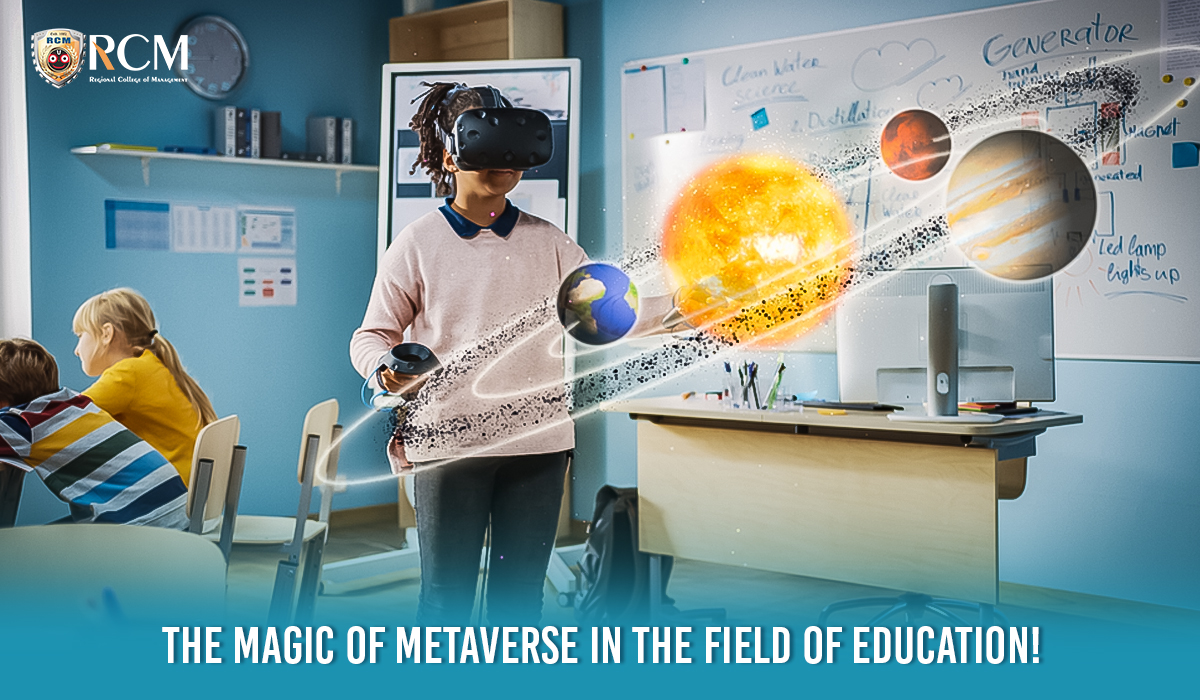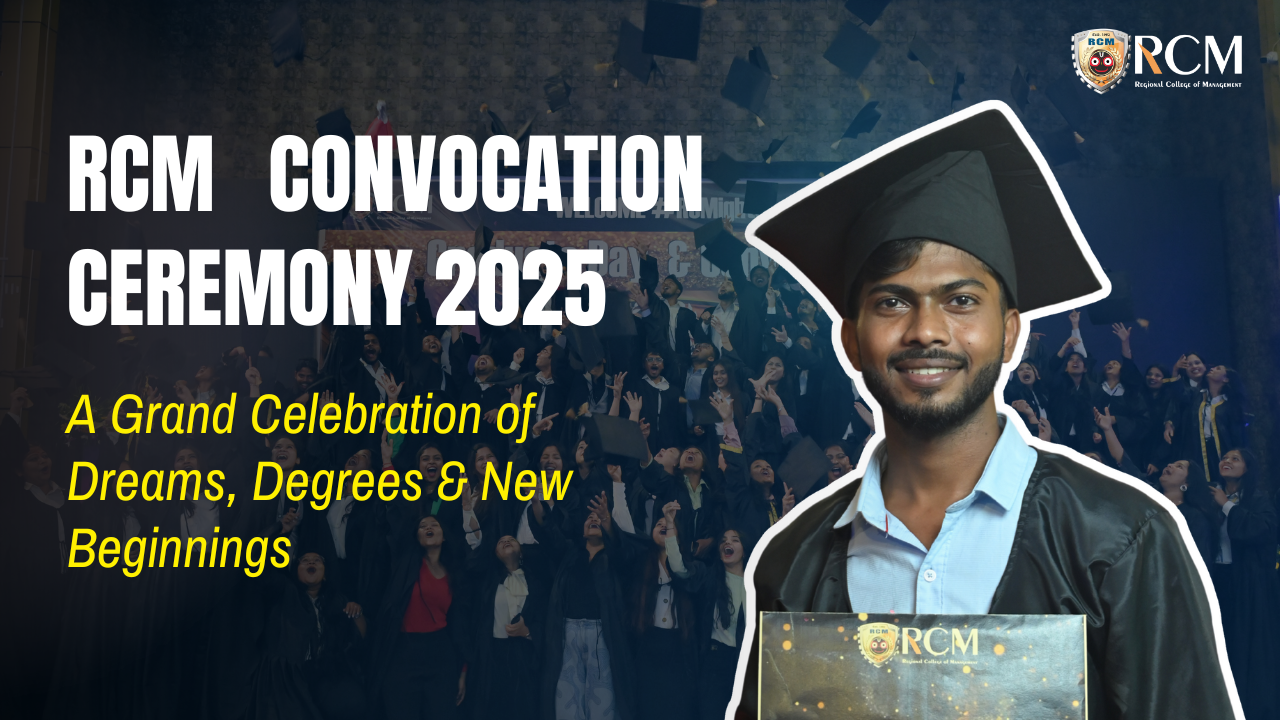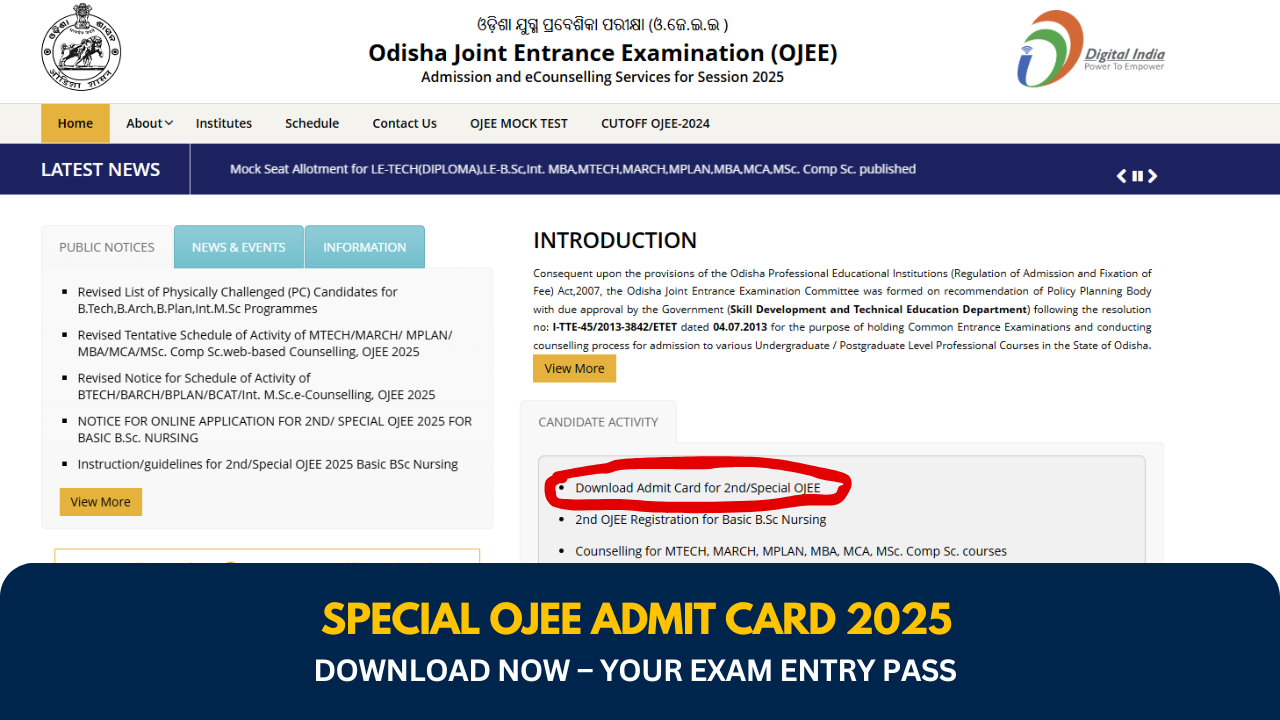The Metaverse’s hype has swelled to a boiling point. This is a once-in-a-lifetime opportunity for the rising globe to move beyond obsolete education programs and into a “given rise to a new” cosmos of new educational experiences.
The learning sector has come a long way since the late 1990s PC internet explosion that gave rise to eLearning. Microlearning was born as a result of the second wave of mobile computing and social media, which provided short, video-based learning on demand. Market analysts now believe that the third era of computers has arrived.
Market analysts now believe that the third era of computers has arrived. Flat static pages on the PC and phone will give way to a metaverse of digital 3D settings in which we will interact as life-like avatars. The metaverse is a physical internet in which you are never alone. Unlike a Zoom call, which is planned and then disappears, the metaverse is “always on” and allows for social interactions with others. This shift has far-reaching effects on skill development and learning.
How The Metaverse Can Improve Learning And Build Capacity:
In An Immersive Virtual Campus, Individuals Can Learn And Connect:
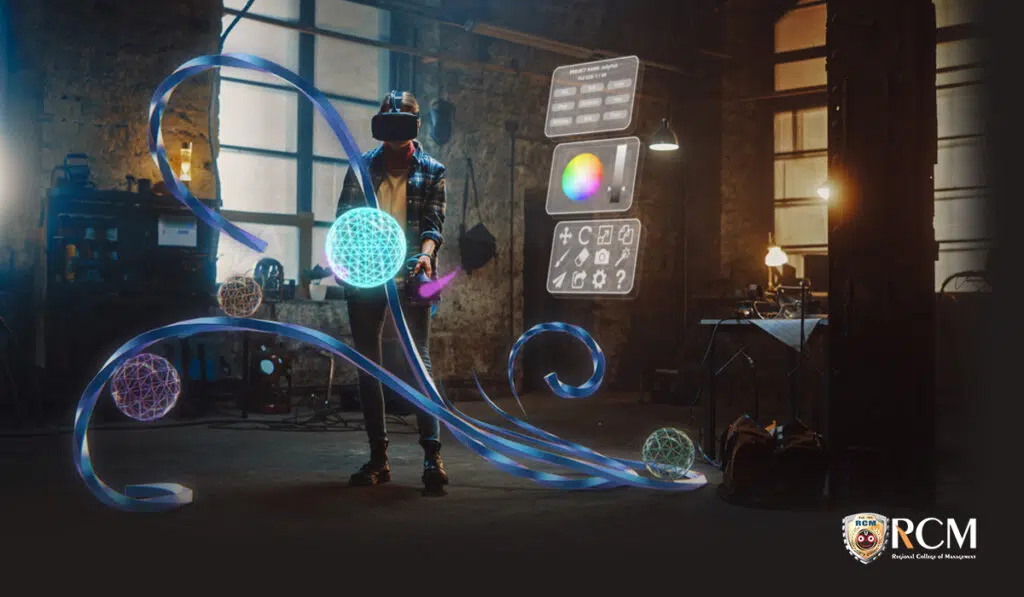
Education has already started to shift from physical classrooms to more virtual and blended environments prior to and during COVID-19. The metaverse enables a holistic classroom, in which students wearing virtual reality headsets attend a virtual campus or institution to learn, explore, and interact. Students can, for example, explore various learning modules; visit libraries and breakout rooms; meet trainers and counselors; and socialize with others in this digital world.
Boost Your Real-World Skills In Digital And Hybridized Contexts:
The metaverse offers practical, integrated skilling chances through real-life situations and elevated settings in which mistakes can be made without consequence. It mixes VR with data science and structural features to boost learner engagement, confidence, and application when suitably developed.
Visualization And Storytelling Allow You To Travel To Different Worlds:
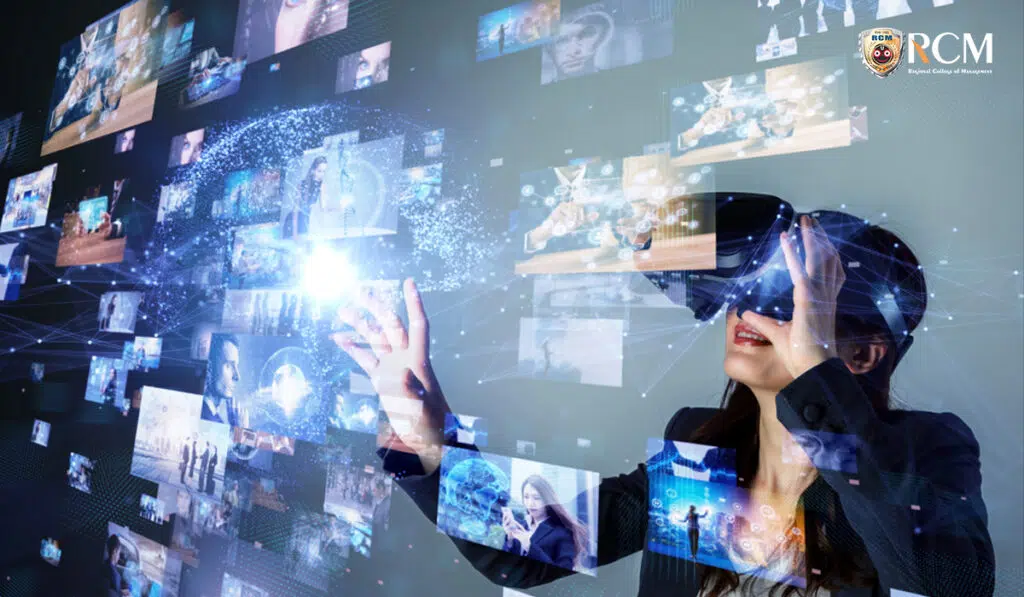
Graphics and narration are two characteristics of a metaverse learning experience, which are desperately required today after the constant stream of dull Zoom sessions at COVID-19. People can step into an altogether different environment or into the footsteps of another individual using VR technology.
It Serves As A Bridge For People With Deficiencies:
The metaverse has the potential to increase educational and social opportunities for those with disabilities. For example, an interactive atmosphere allows young adults with special needs, autism, and social interaction challenges to enhance their interpersonal and purposeful activities, such as visiting a store or grocery shop, arranging things at a corner shop, or loading things into a vehicle. They can practice skills and engage with others in a safe setting using VR apps without feeling overwhelmed or scared.
The Advantage Of Certified Metaverse Professionals:
To mention a few, the Metaverse opens a whole new universe of commercial opportunities, ranging from virtual events to NFT-based businesses. Because of the Metaverse’s great potential to benefit the digital world, many prominent tech corporations have already taken the leap and embraced it. The virtual reality universe is looking for techies and those who wish to advance their careers in this environment.
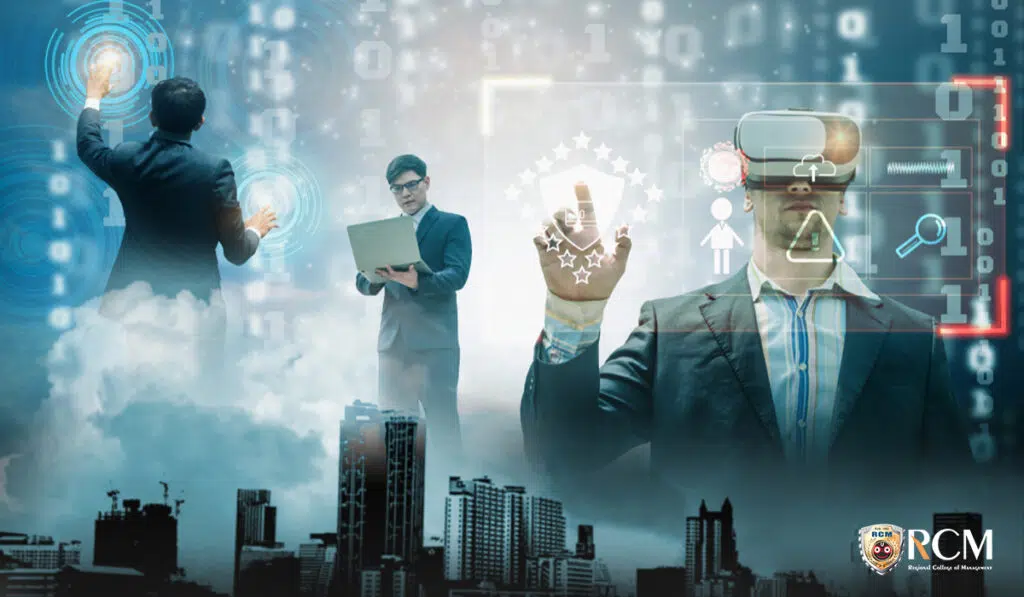
The qualification aims to provide a deeper understanding of the Metaverse as well as a view into the Web’s emerging future and how we will interact with it. Successful completion of this certification will allow you to better understand the Metaverse, providing you with a substantial advantage in the newly evolving digital world.
To Sum Up:
The metaverse literally means “life after the internet.” Virtual campus activities, 3D simulations, and gamified activities are some of the early implementations of this new form of learning. This is just the beginning—there is limitless potential for rethinking and empowering education using this technology.
